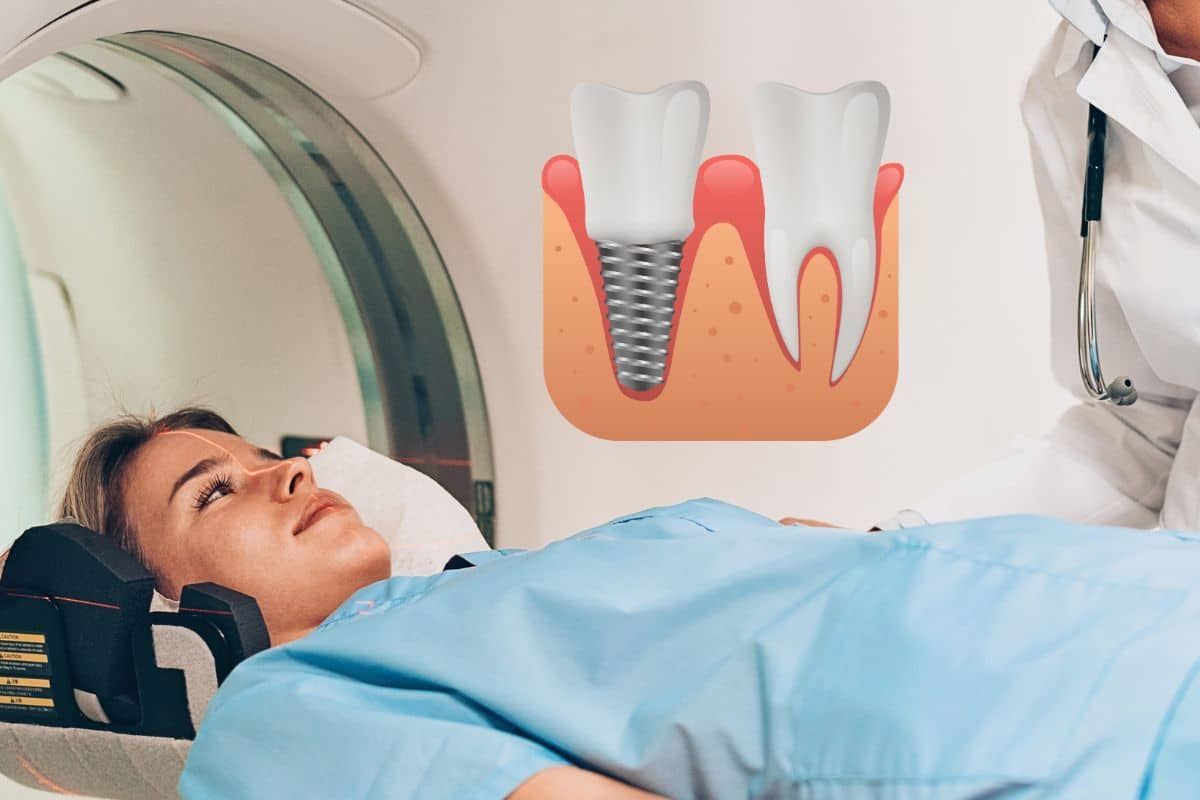Dental Implants and MRI: Exploring Safety and Compatibility

Tooth implants offer a reliable, long-lasting solution for missing teeth, restoring your natural smile and boosting confidence. However, many wonder if prosthetic dental devices are compatible with MRI scans.
MRI, or magnetic resonance imaging, uses strong magnetic fields to generate detailed images of the body’s internal structures. For patients with dental implants in Henderson, it’s important to know whether these will interact with MRI technology.
Let’s break down the relationship between dental implants and MRIs so you can decide better!
What is an MRI, and Why is It Needed?
MRI is a non-invasive imaging technique that uses magnets and radio waves to create clear images of organs, tissues, and bones. Doctors often recommend diagnosing conditions related to the brain, spine, joints, and other internal organs. MRI is particularly beneficial because it doesn’t use radiation like X-rays or CT scans, making it a safer option for many patients.
Individuals who have already undergone implant surgery or are considering it in the future might have several queries. It is crucial for them to understand if any dental materials might interfere with the MRI’s magnetic fields.
MRI Safety with Dental Implants
Yes, tooth implants are generally safe during MRI scans. Modern prosthetic devices are typically made from materials like titanium and zirconia, both of which are non-magnetic. Titanium, being a non-reactive metal, is often used for its durability and ability to integrate well with bone. Zirconia, a ceramic, is also non-magnetic and MRI-compatible. These materials ensure that the implants won’t interfere with the imaging process or the safety of the scan.
Will Implants Interfere with MRI Results?
In most cases, implant posts do not disrupt MRI results. However, slight distortions might occur near the surgery site if the scan focuses on the head, neck, or jaw. This is known as “artifacting.” Even non-magnetic materials can cause some disruption in the magnetic field.
That said, modern MRI machines are designed to minimize these distortions, ensuring you receive the most accurate results.
Dental Implant Compatibility with MRI
Tiny titanium posts offer many advantages for tooth replacement. They are durable and long-lasting, providing a secure solution compared to removable dentures. Implants fuse directly with the jawbone, preventing bone loss and preserving facial structure. This results in improved functionality, better chewing ability, and long-term oral health.
Implants are compatible with MRI scans and remain a safe option for those needing both restorative care and medical imaging.
What to Expect During an MRI with Implants
If you have implant posts, be sure to inform your MRI technician before the scan. This allows them to adjust the imaging scan settings as necessary. The technician may ask you about the material and location of your prosthetic teeth to ensure the scan goes smoothly.
During the scan, you will need to remain still while the MRI machine takes images. The presence of implants won’t change the procedure, but providing this information beforehand will help the team tailor the scan for optimal results.
Can Other Dental Materials Impact MRI Safety?
Metal fillings or braces sometimes cause minor distortions during magnetic resonance imaging. However, these materials are usually non-magnetic and do not present any safety risks. If you have undergone any dental procedure that involves metal, inform the MRI technician so they can make the necessary adjustments.
Dental implants in Henderson are safe for MRI scans, as they use non-magnetic materials that do not interfere with imaging. If you’re considering artificial teeth, rest assured that you can still undergo necessary resonance imaging tests without complications. Inform your healthcare provider about your dental condition to ensure a smooth, accurate MRI experience.
Getting custom-made implants provides a lasting solution for missing teeth, offering both functional and aesthetic benefits. MRI compatibility is just one of the many reasons they remain a top choice for tooth replacement. Contact our dentist to schedule an implant consultation and learn more!

